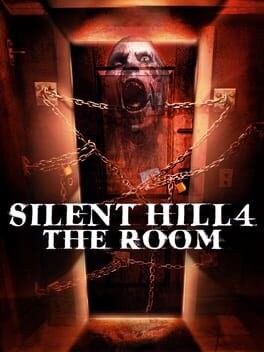i can think of no other series where the source of horror is derived more exclusively from what is implied rather than what is actively shown or obscured. From the inscrutability of another's intentions, paired with our own readiness to read danger into their strange gesticulations and stilted cadence. The presence of almost pitifully freakish "monsters" writhing beyond playable boundaries in what could just as easily be orgasm as agony. The distressing gurgles, expulsions, and phallic exaggerations of beings driven by unadulterated libidinal energy. Silent Hill's insight: Hell is not just other people; it is caused by other people. It comes easier to see, then, for the miracle that it is, how consistently the journey through hell leads to the foundation of better things. To the possibilities of life, love, truth, and even beauty. Every Silent Hill game thus has aligned you with someone deeply personal to yourself worth fighting for: a missing daughter, a dead wife, an avenged father. Silent Hill 4 is a game about saving total strangers. The titular room, traveled between by you alone via umbilical-like tubeways (room=womb), beginning as your greatest healer and sole sanctuary, contrary the otherworld, turned worst oppressor (not even mentioning Sullivan's mother complex) is as mechanistically intuitive the series's Freudian metaphors come. That Townshend is the least impressionable of all previous protagonists is no mistake because he is a symbol of the monad, which proves false not because it is wrong but because it is impossible. Because even our isolation becomes haunted by others. Because every problem is interpersonal. Every experience interexperiential. And so even the girl next door becomes a reason to live.
